Year 3/4
Middle School

Year 3/4
Middle School
Term 3 Reflection – Literacy
This term, we explored how animals survive in their environments by learning about their features and adaptations. We investigated how different body parts and behaviours help animals find food, protect themselves, and live successfully in their habitats.
In writing, we focused on creating information reports. Students learned how to organise their ideas into clear sections such as appearance, habitat, diet, life cycle, and threats. They practised using technical vocabulary and wrote in third person to sound like real researchers.
We also learned about food chains, discovering how energy is passed from one living thing to another and where our chosen animal fits in its ecosystem.
To share their learning, each Year 3/4 class created their own Google Site about an endangered species. Students published their reports online, added labelled diagrams and images, and included their animal’s food chain to show its role in the environment.
Students should be proud of how they combined science, writing, and digital skills to create engaging and informative projects that highlight the importance of protecting endangered animals.
Google Sites:
3/4A - https://sites.google.com/education.vic.gov.au/34a/home
3/4B - https://sites.google.com/education.vic.gov.au/34bsanimals/home
3/4D - https://sites.google.com/education.vic.gov.au/34dwithmrperkin/home
3/4C - https://sites.google.com/education.vic.gov.au/34canimaltypes?usp=sharing
3/4E - https://sites.google.com/education.vic.gov.au/34e-endangered-animals/home
Term 3 Reflection – Mathematics
This term in Mathematics, we focused on multiplication and division. Students developed their understanding of number patterns and explored a range of mental strategies to solve multiplication problems efficiently. They learned strategies such as double the number for ×2, double and one more lot for ×3, double double for ×4, and ×10 and halve it for ×5.
Students also learned to use the area model to solve larger multiplication problems by breaking numbers into parts and using known facts to find the total.
We explored how division and multiplication are inverse operations, meaning they are connected and can be used to check each other’s answers. Through hands-on activities, games, and problem-solving tasks, students built confidence in applying their skills and explaining their thinking.
Overall, students have made great progress in developing flexible strategies for multiplication and division and are becoming more confident in selecting efficient methods to solve problems.
Reader's Workshop
In Reading, we will continue to build comprehension skills by exploring a variety of engaging texts. Our mentor texts this term will include My Place by Nadia Wheatley as well as Fire and Flood by Jackie French. My Place will help us understand how history can be told through different voices and perspectives, while Fire and Flood will encourage students to think deeply about natural disasters and the ways authors use language and imagery to share powerful messages. Students will also focus on identifying Tier 2 words.These are words that are not used every day but are very useful across different subjects and texts. Tier 2 words help children express ideas more clearly, understand more challenging texts, and improve their own writing.
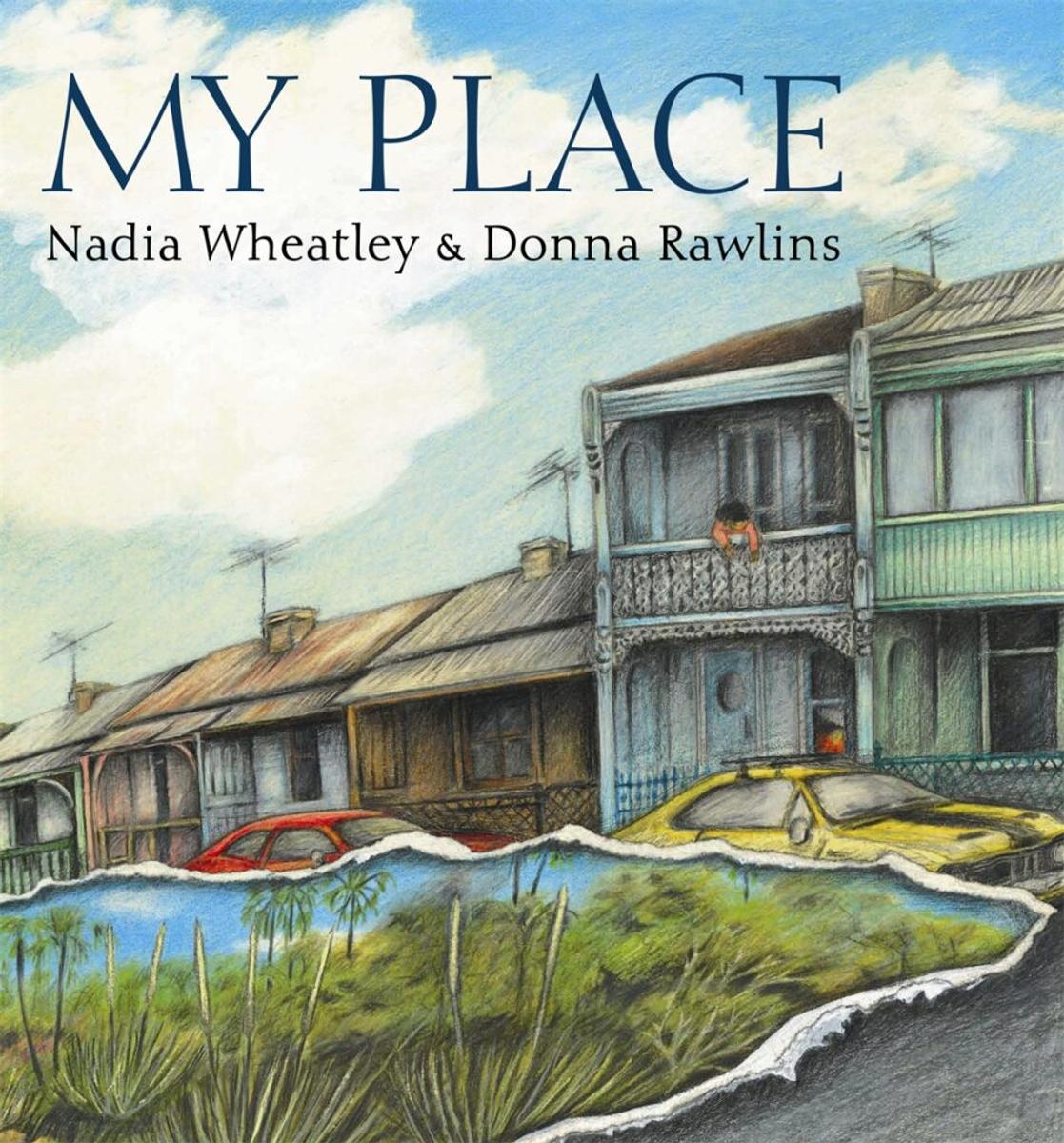
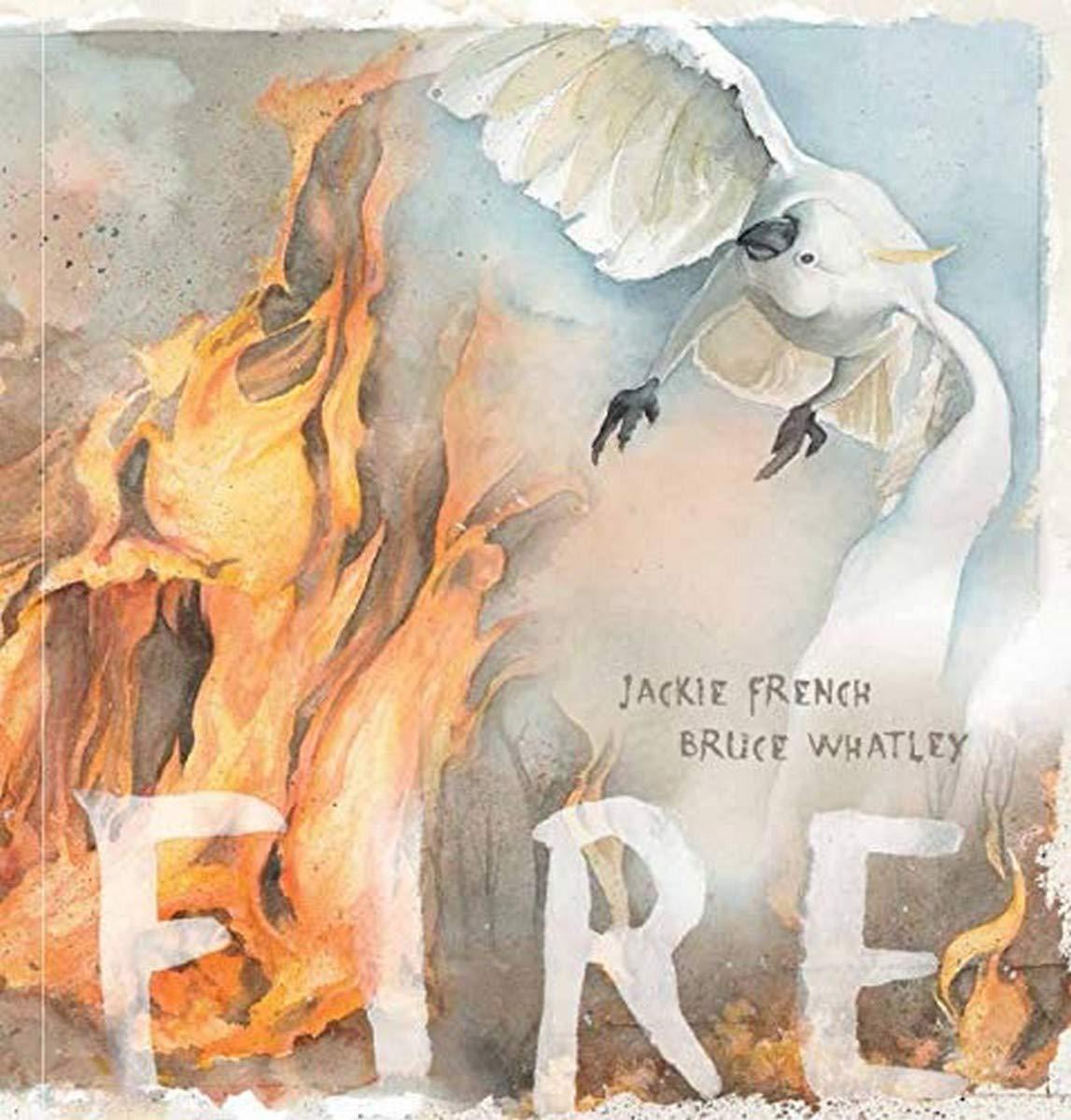
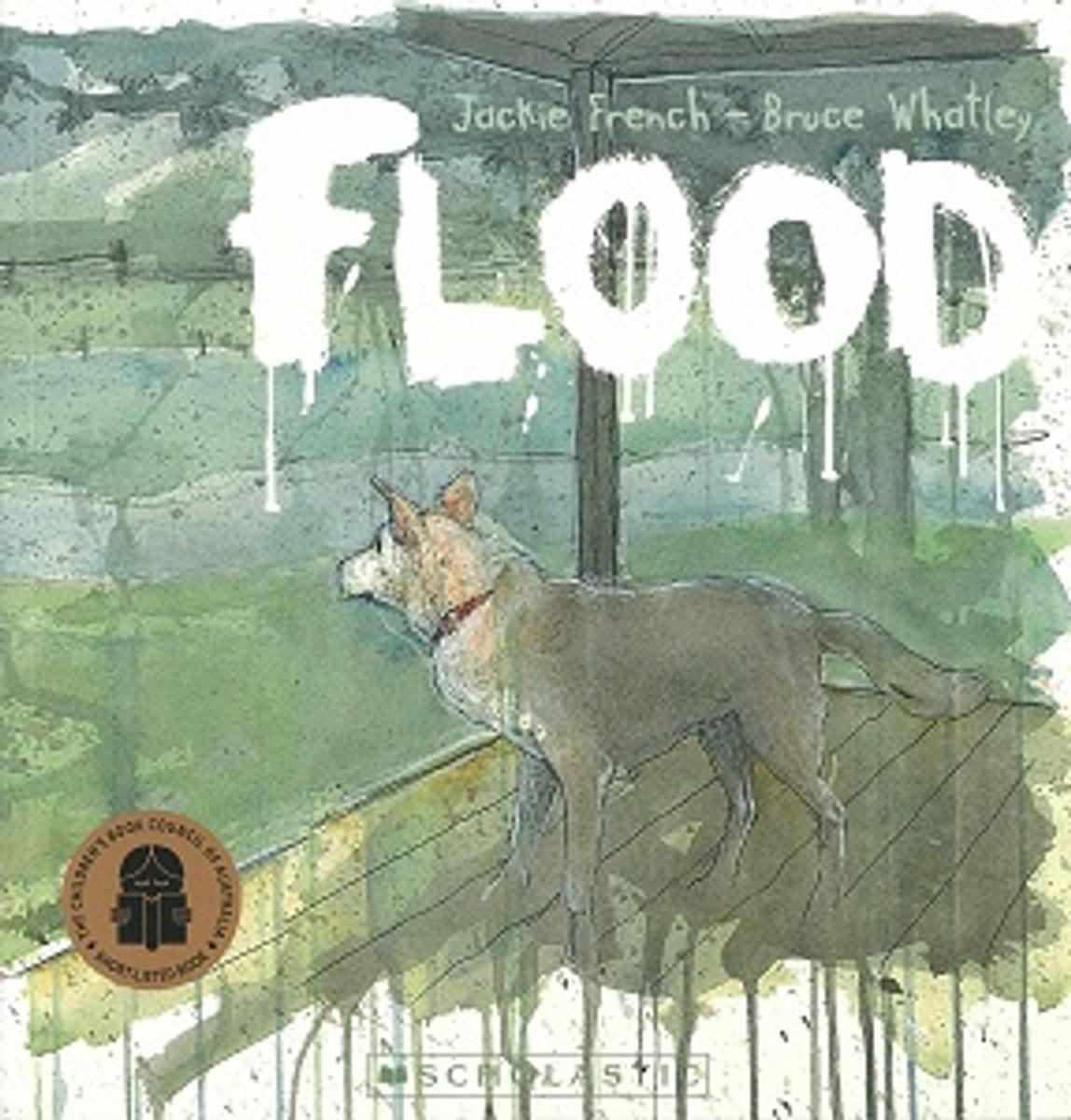



Writer's Workshop
In Writing, the first half of the term will focus on narratives linked to Australian History, inspired by My Place. Students will develop strong characters, vivid settings, and engaging plots while improving their sentence skills. We will practise using compound sentences with FANBOYS (for, and, nor, but, or, yet, so) as well as complex sentences with both independent and dependent clauses. A key focus will be on using Tier 2 words to make narratives more descriptive and precise. For example, when writing about a character in My Place, students might use words like curious, isolated, or generous.
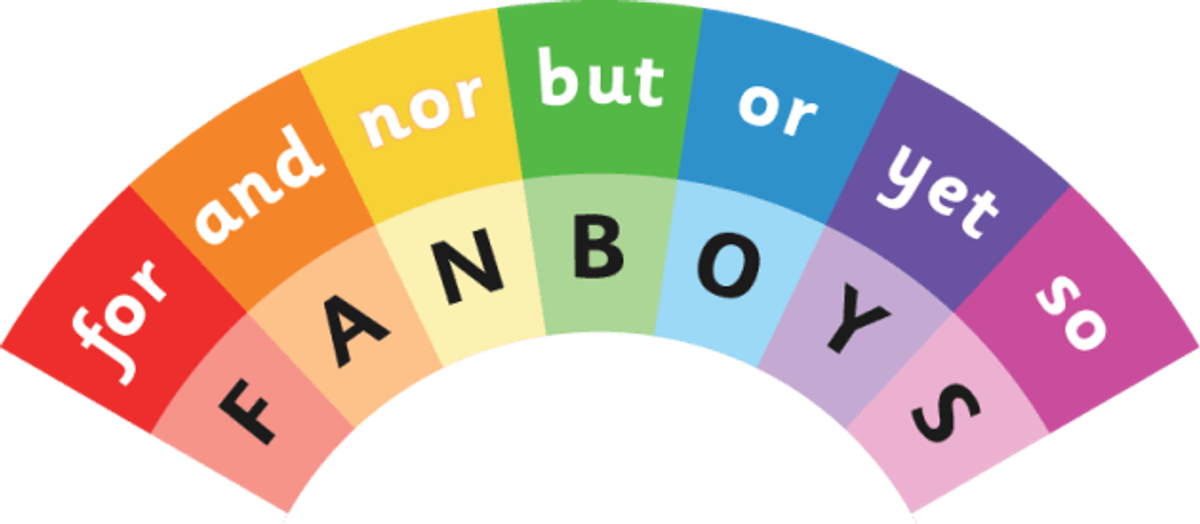

In the second half of the term, our focus will shift to poetry, linked to Jackie French’s Fire and Flood. These texts will inspire students to experiment with rhythm, imagery, and emotion in their own poems. Students will create Haiku, Tanka, Sensory, and Alliteration poems, learning the rules for each form, such as syllable patterns in Haiku and Tanka, using the five senses in sensory poems, and repeating sounds for effect in alliteration poems. They will also continue to use Tier 2 words to make their poetry more powerful and precise, for example using words like devastated, intense, or endangered to describe scenes inspired by Fire and Flood. By connecting their writing to these mentor texts and applying Tier 2 vocabulary, students will see how authors capture both the beauty and challenges of the natural world while practising different writing techniques.
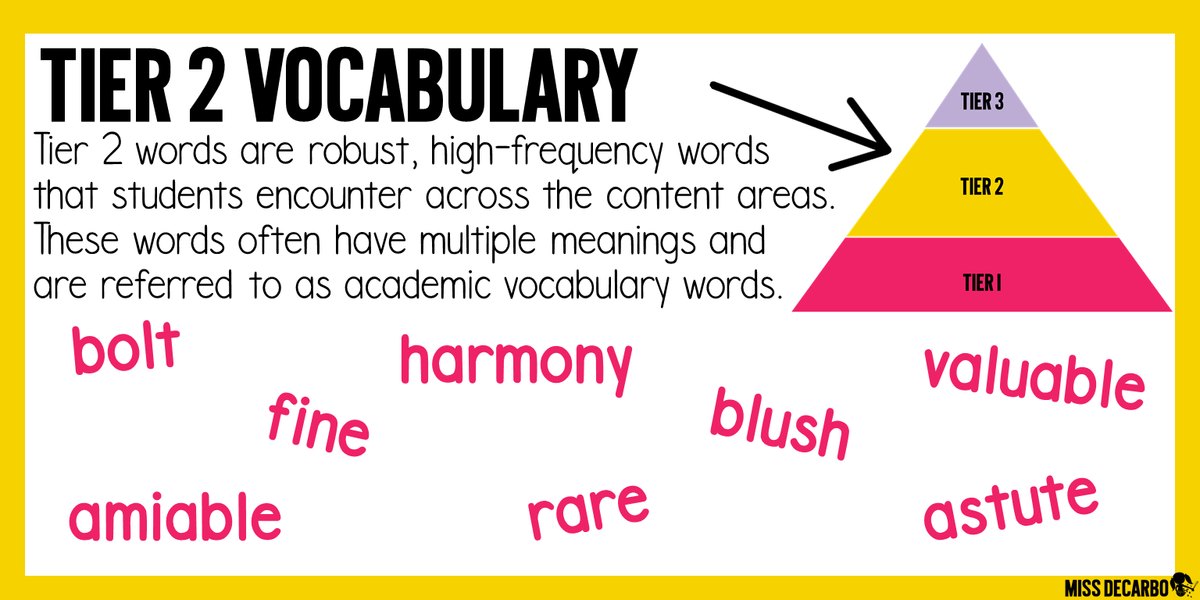

Maths
In term 4, students will explore key concepts across several engaging units:
Each unit will support meaningful mathematical understanding, build confidence, and encourage problem-solving through hands-on, real-world learning experiences.
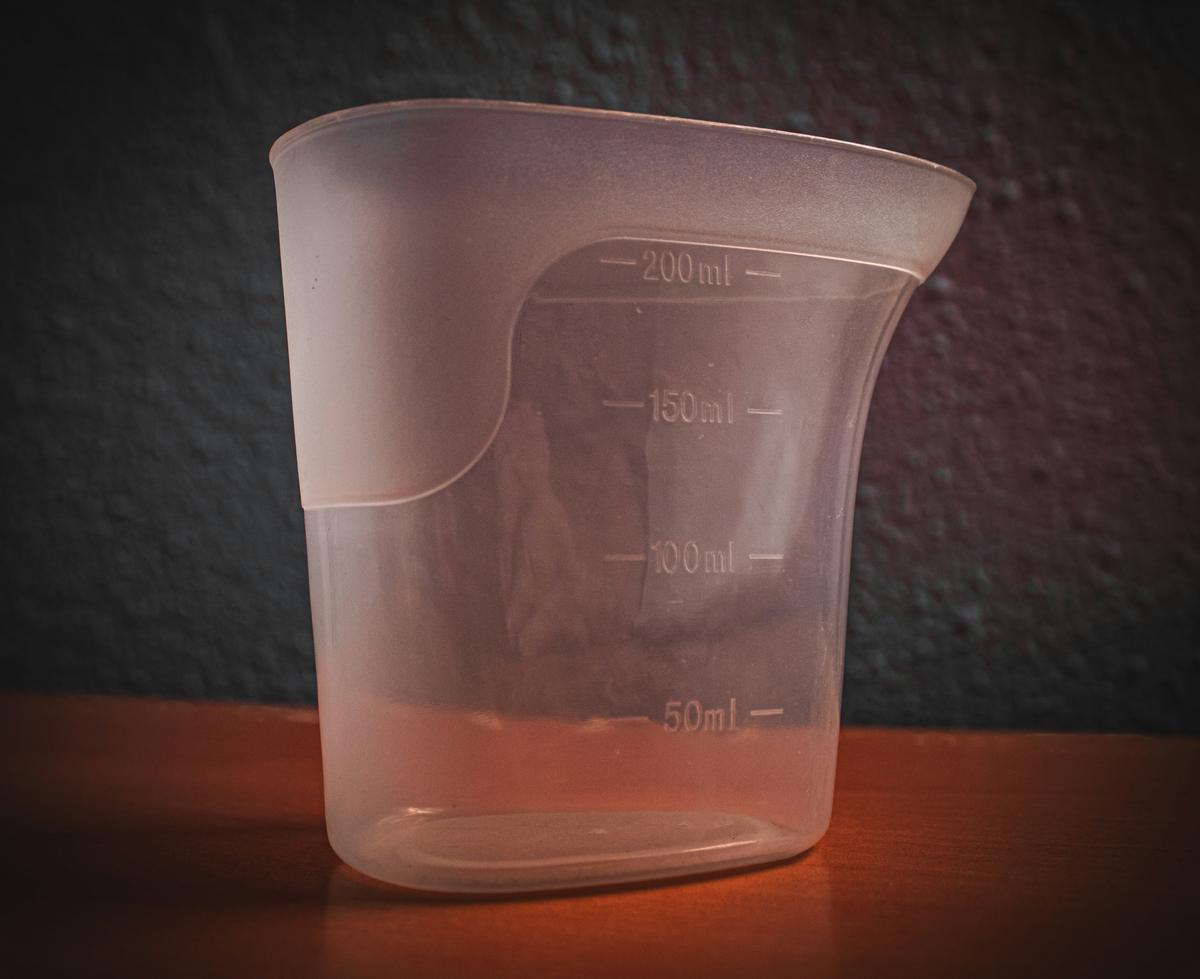

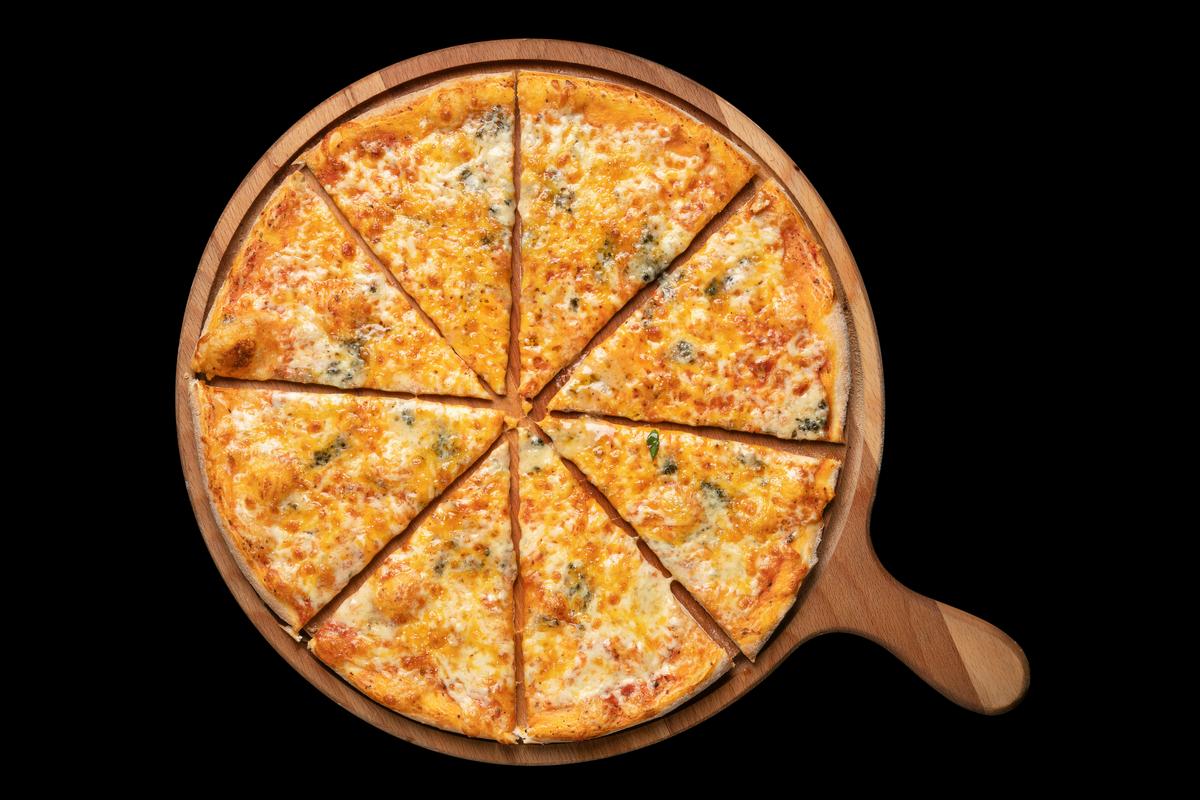
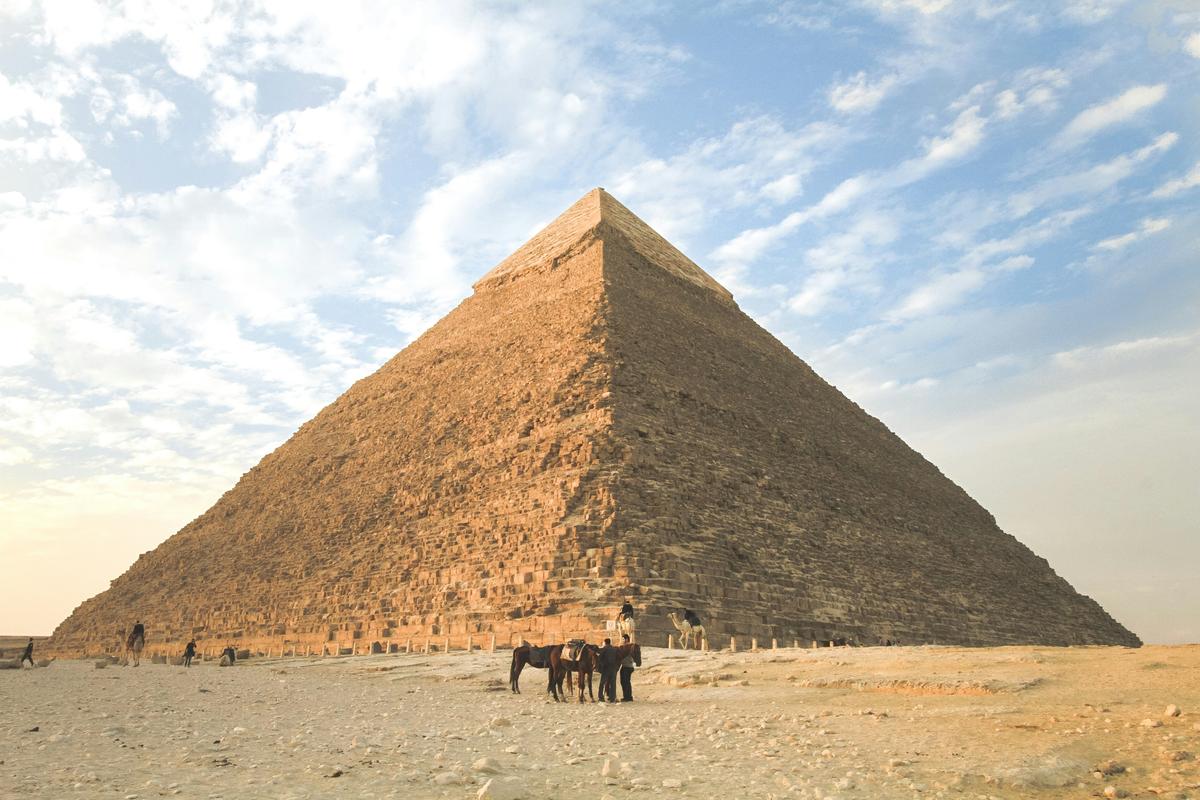




Inquiry
In term 4, students will explore the deep histories, cultures and knowledge of Australia’s First Peoples and investigate the arrival of European explorers and settlers. They examine how these first contacts affected communities, how Australia has been shaped by these events, and the continuing significance of Aboriginal and Torres Strait Islander cultures today.
Melbourne Zoo Excursion
"On Thursday 4th September all the Year 3/4s took the train to the Melbourne Zoo. There were lots of animals at the zoo, my favourite were the lemurs. They were jumping up and down being silly, which was lots of fun to watch. I enjoyed the play and learn centre where we got to learn about features of habitats from our guide Liam." - Somer
"The Melbourne Zoo excursion was really fun, we got to see lots of different reptiles. I liked seeing the taipan snake, it is one of the most deadly snakes in Australia. We went into the bird enclosure where we got to see different varieties of birds, and learn about their habitats." - Archer
"I liked how we explored lots of different sections of animals. We got to see the giraffes, plus the baby giraffe which was really cute. Did you know that giraffe hooves are as big as dinner plates, and their tongues are purple? Additionally, we saw the giant tortoises, eels, alligators, and many more up close. My favourite parts of the day were travelling on the train and wandering the zoo." - Karya
"I really enjoyed the excursion to the zoo, because the guides we had told us lots of facts about the different animals we saw. Speaking of animals I think they were all really cool and cute, I liked the giraffes, in particular the baby giraffe. All together I loved Melbourne Zoo, and hope to visit again soon." - Zoey
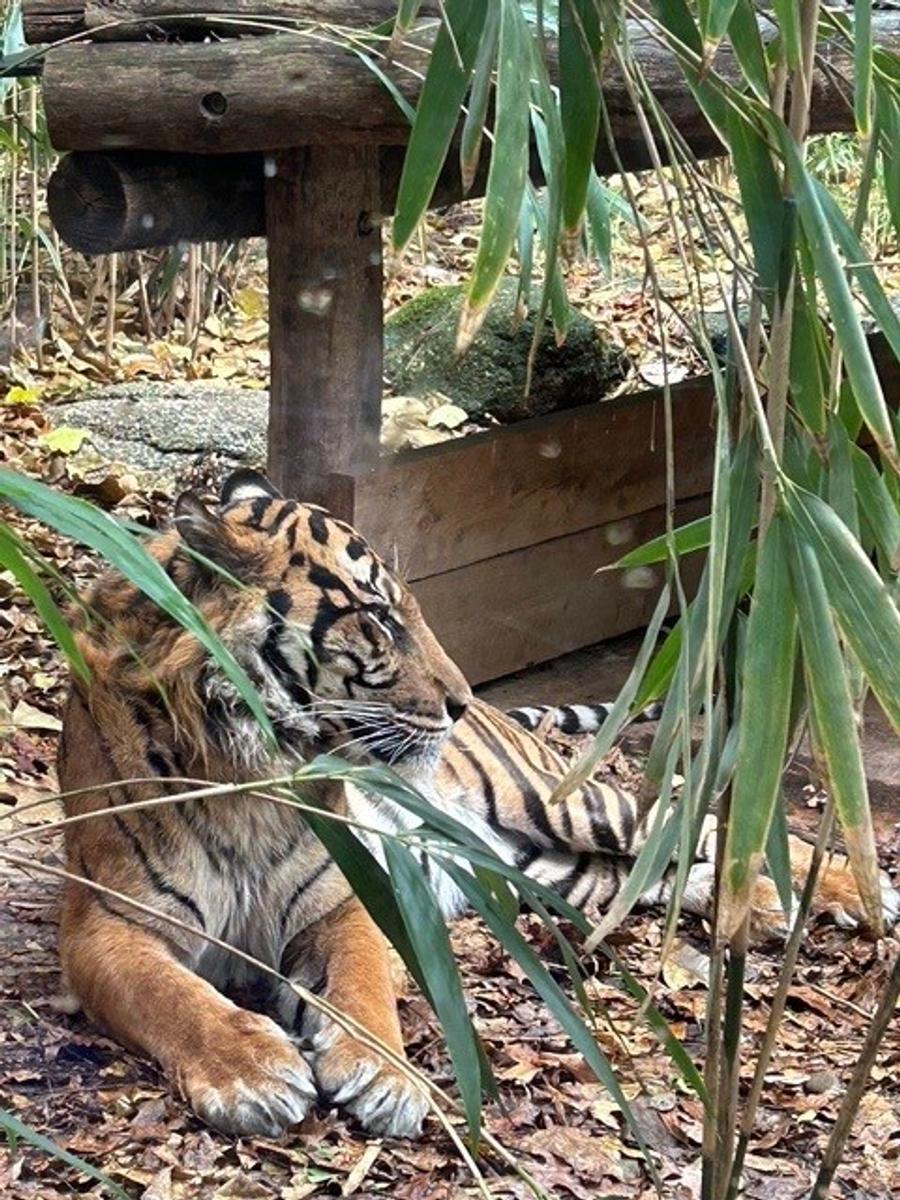
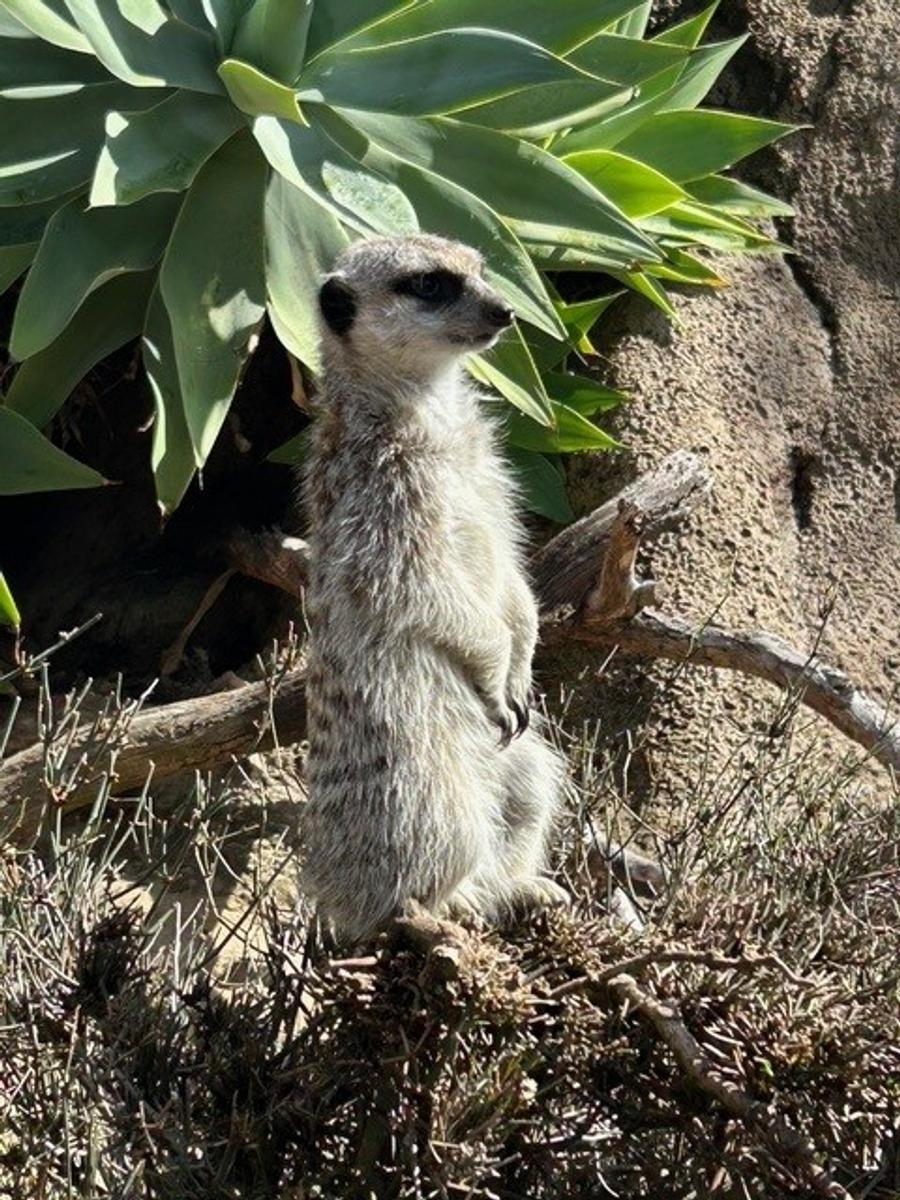
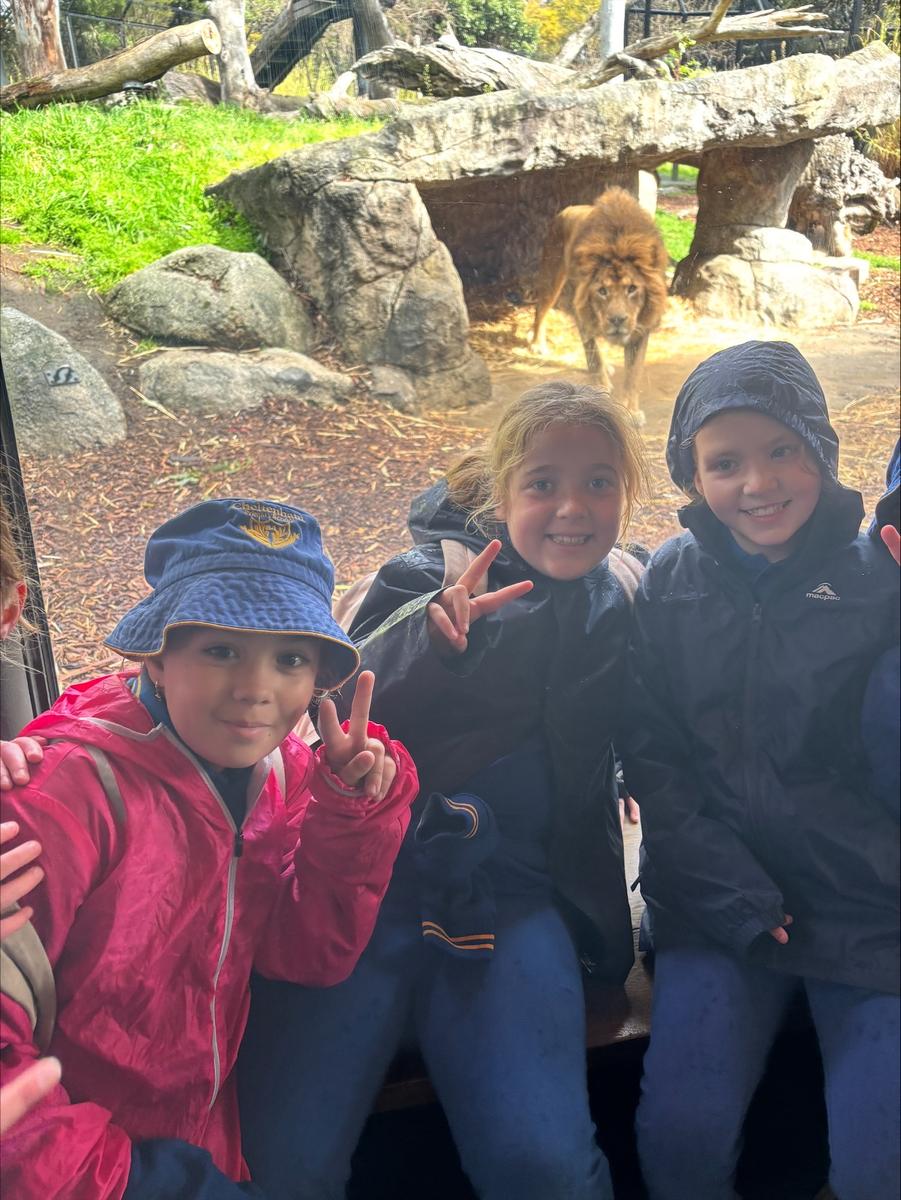
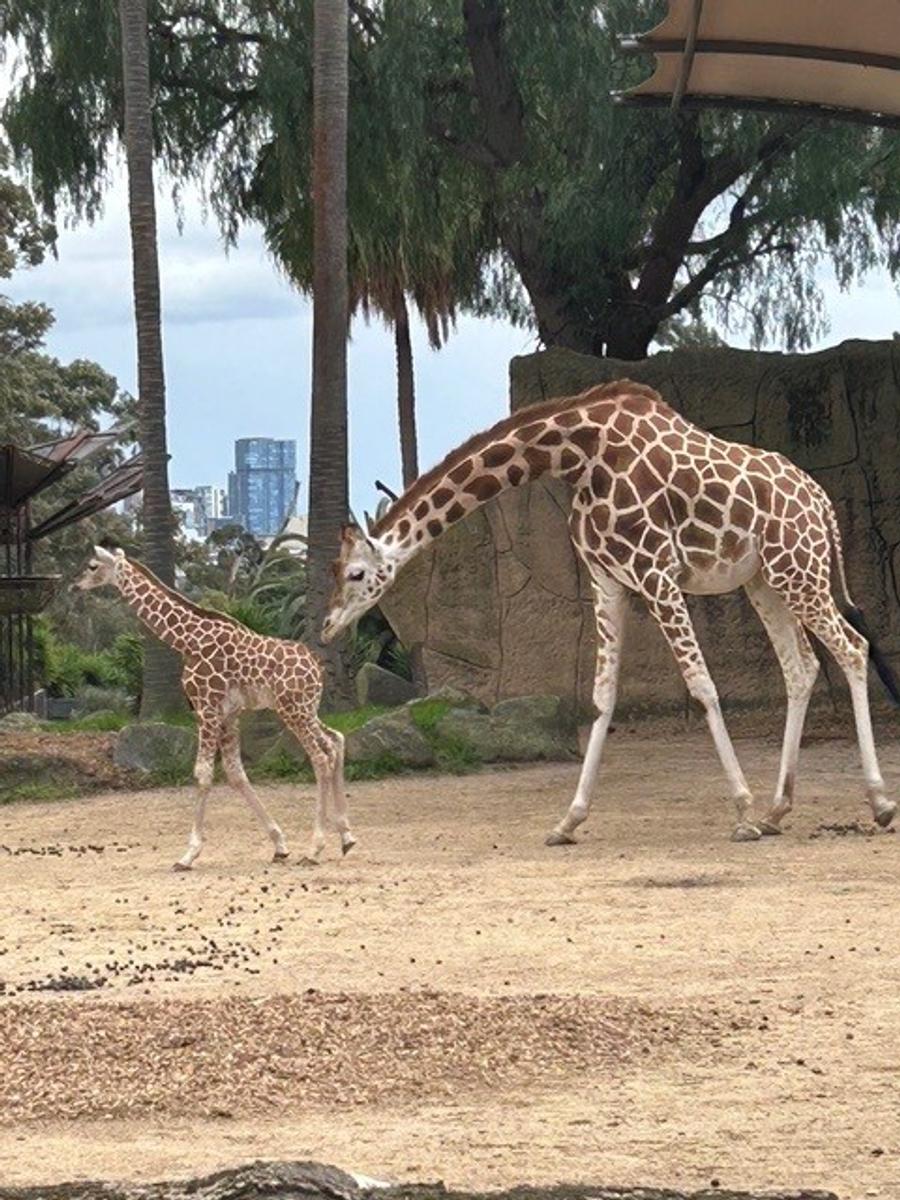
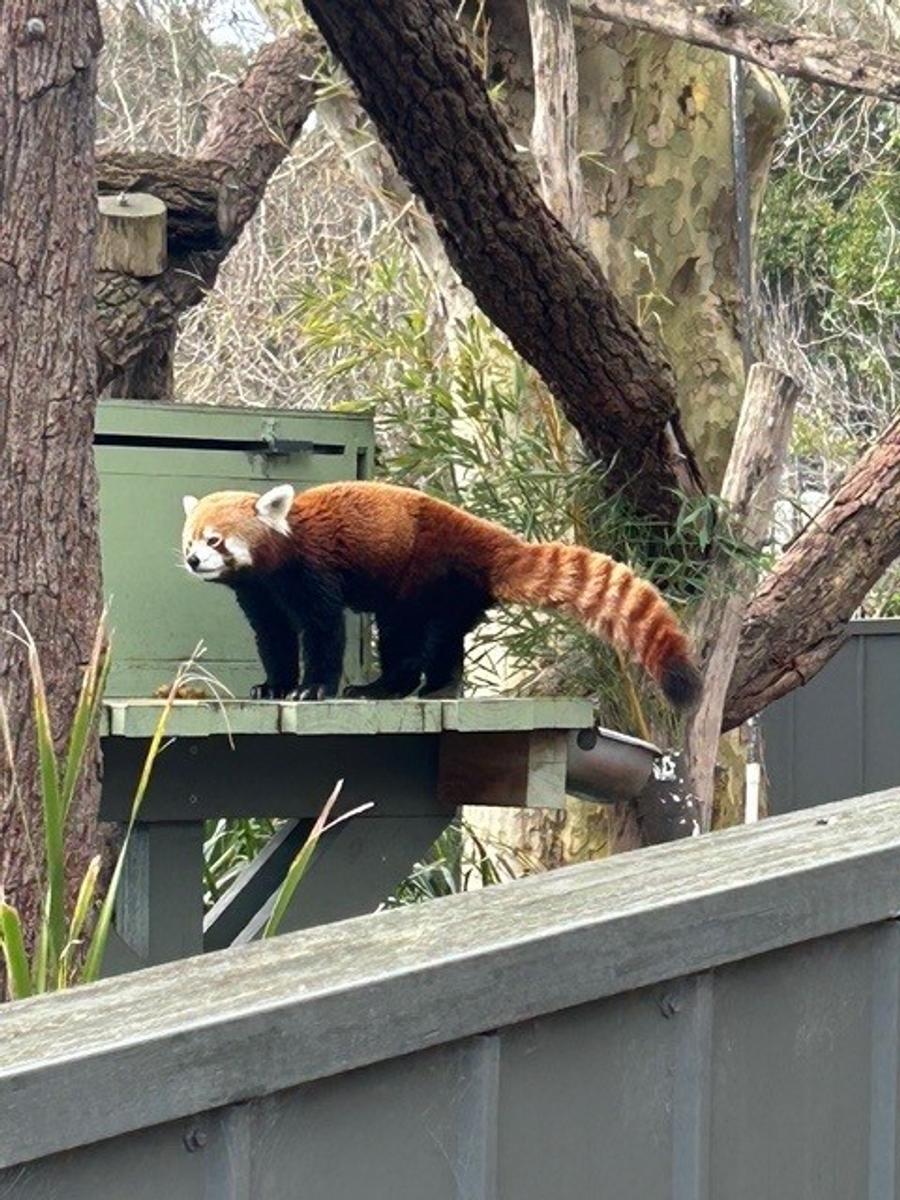
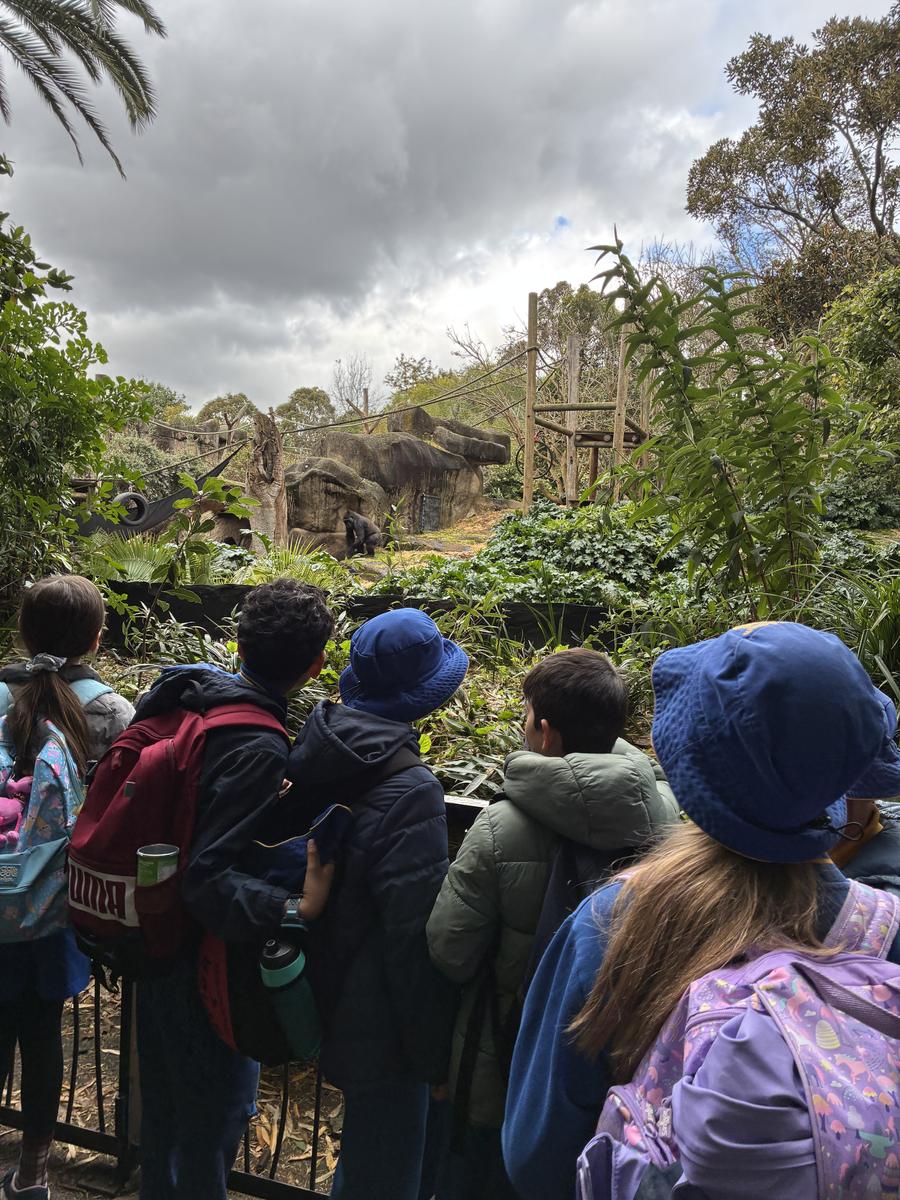
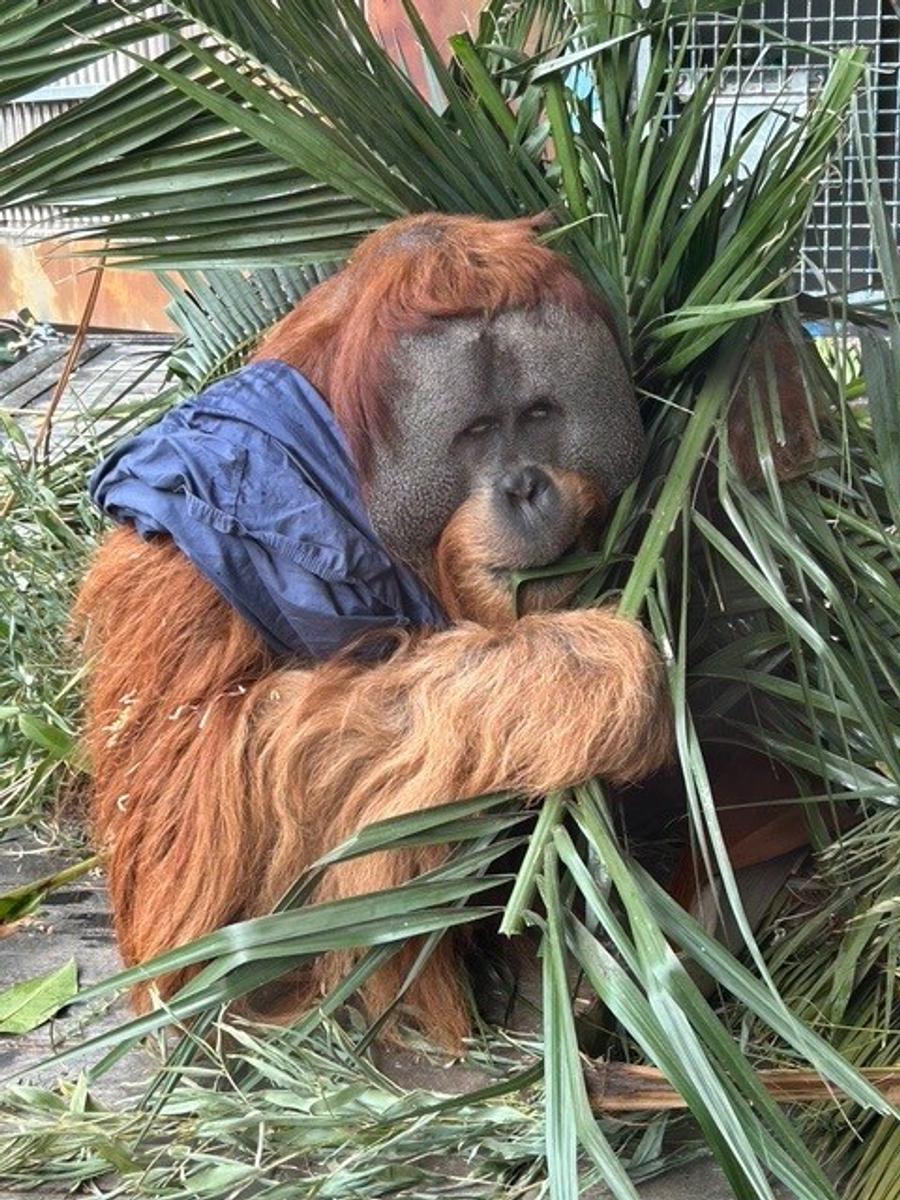
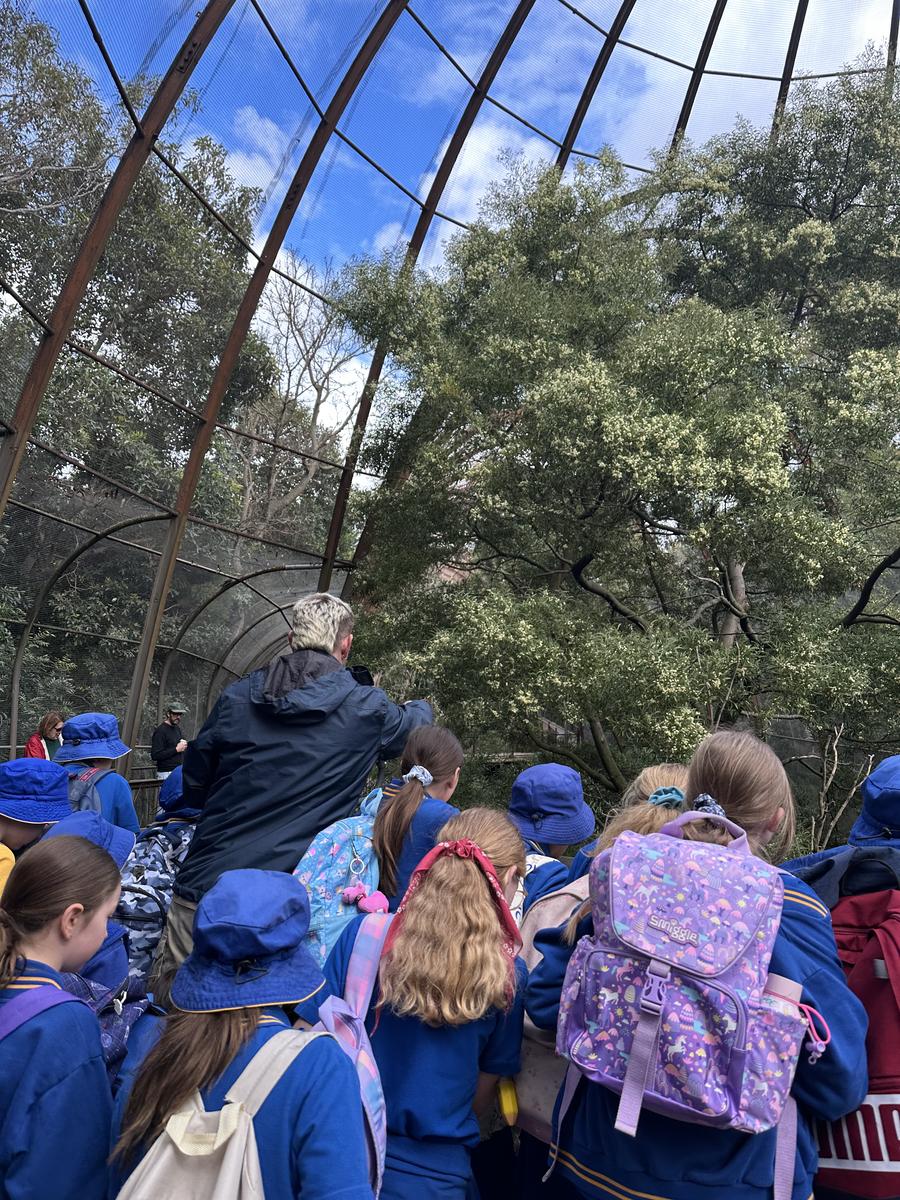
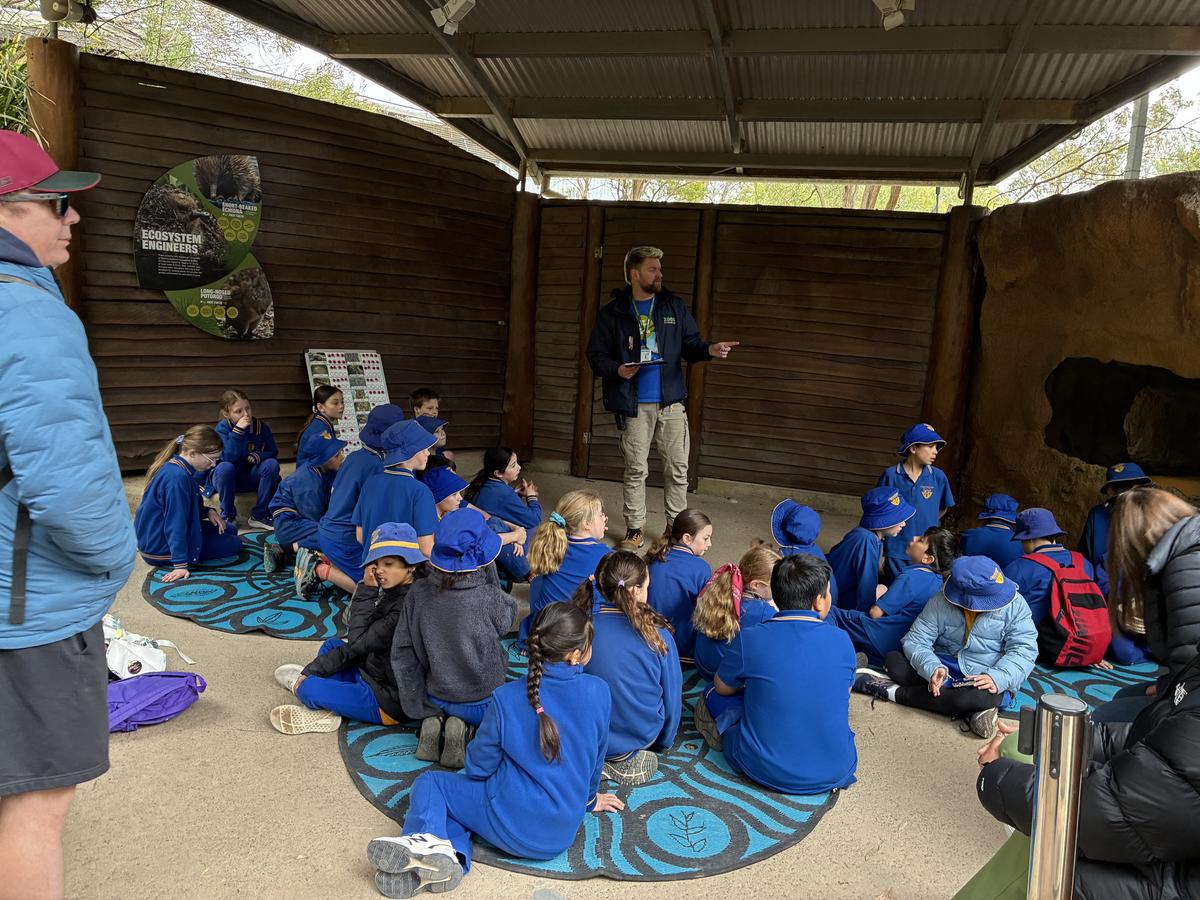
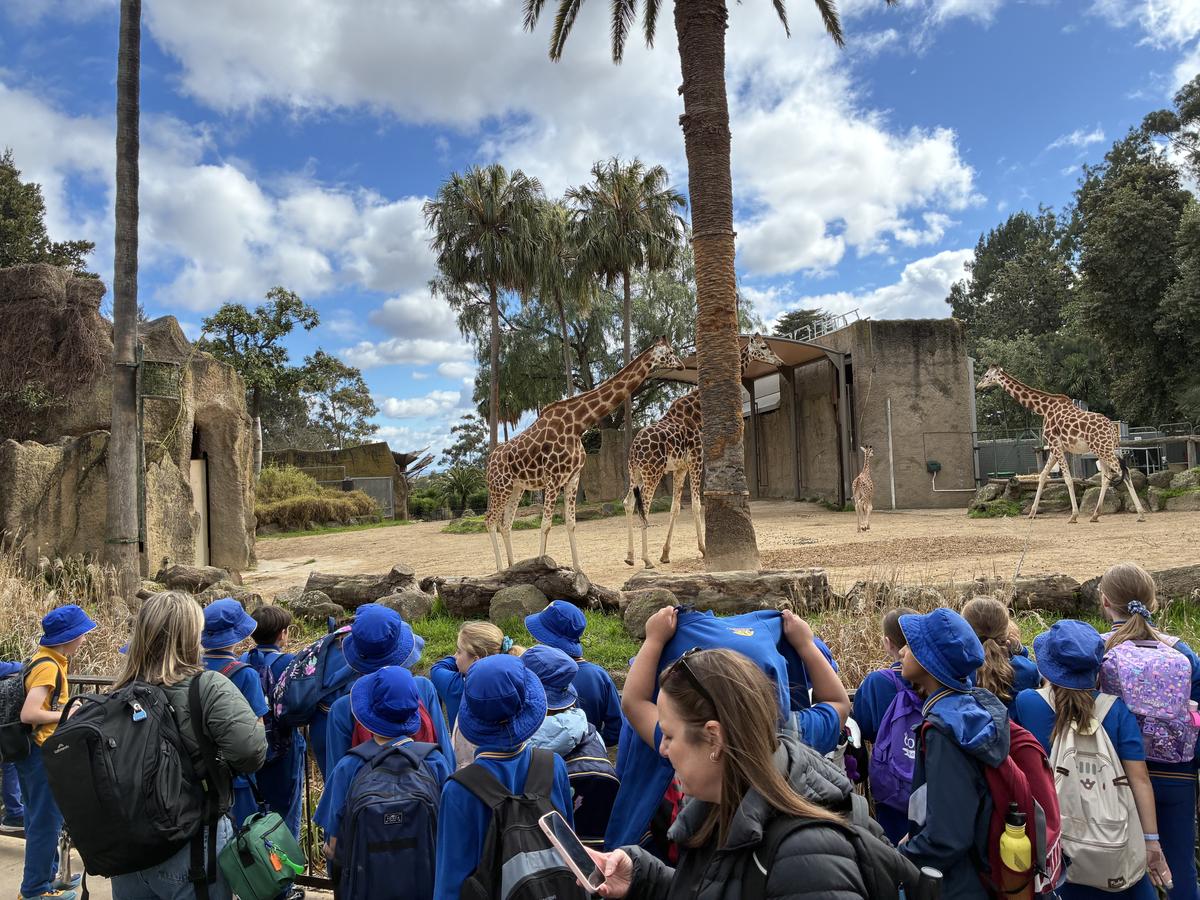
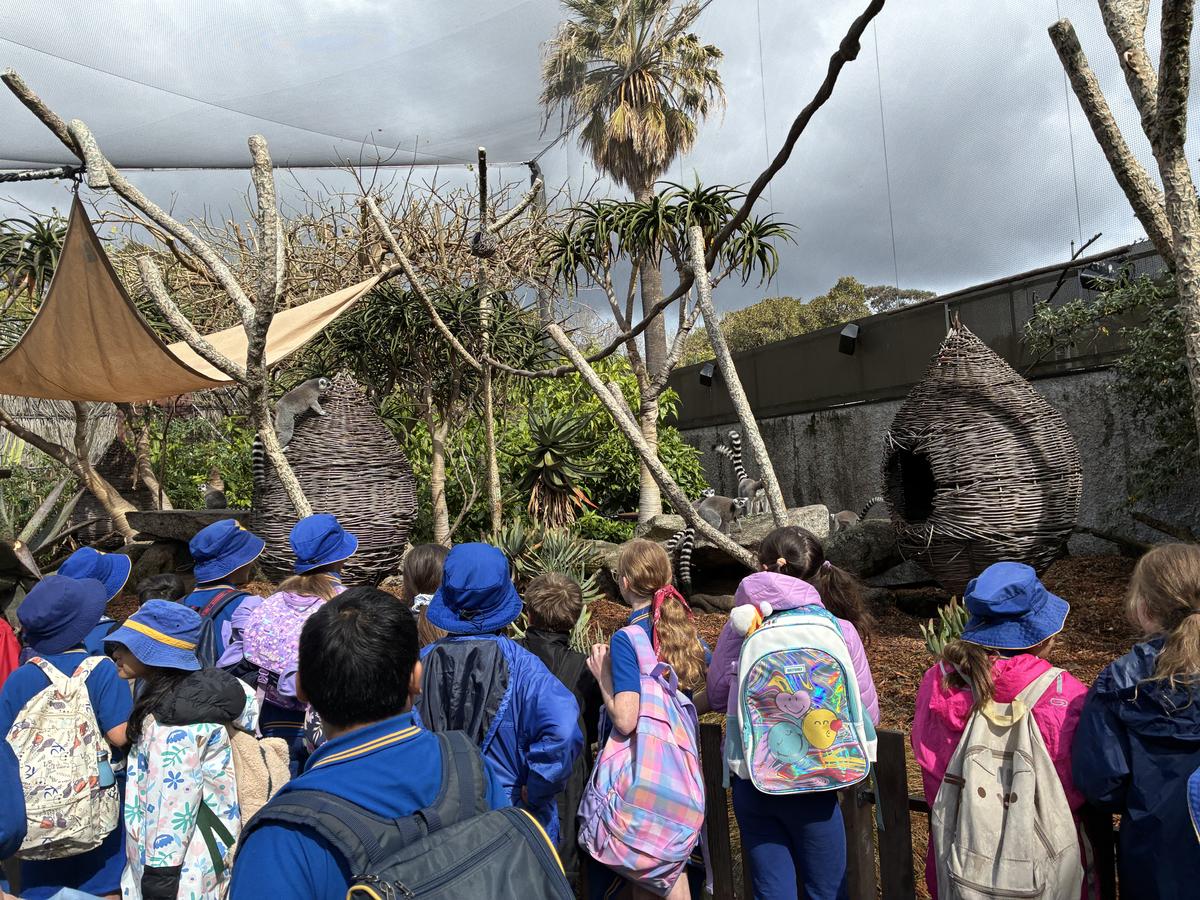











Important Dates
Tuesday 28th of October: School production dress rehearsal and performance
Monday 3rd of November: Student Free Day
Tuesday 4th of November: Melbourne Cup Day
Monday 24th of November: Professional Practice Day (Student Free)
Friday 19th of December: Last day of school, early dismissal 1:30pm
Term 3 has been jam packed with the STEAM Expo, Camp, The Wildlife Animal Xposure Incursion, Melbourne Zoo Excursion, and Footy Day! We have really seen our 3/4 learners develop in confidence both academically and socially. We wish everyone a lovely break and look forward to welcoming you back in Term 4.
From,
Rhiannon Dalman, Michael Neal, Kim NG, Tom Perkin, and Catie Mytton